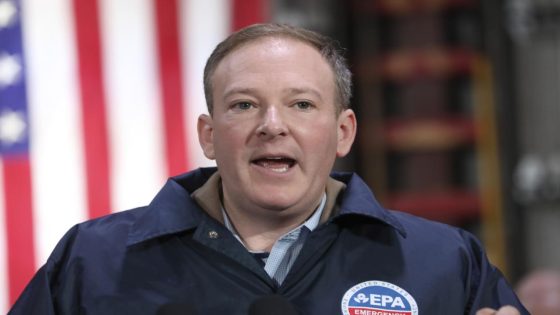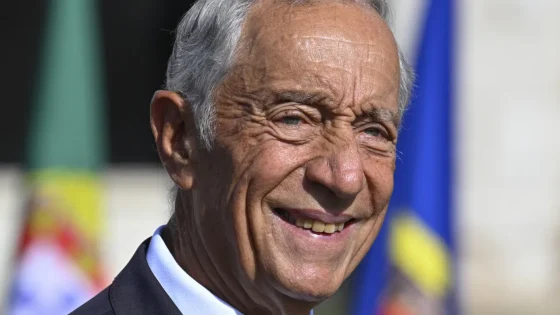On February 14, 2025, in a significant policy shift, the head of the Environmental Protection Agency (EPA), Lee Zeldin, announced plans to rescind $20 billion in grants allocated by the Biden administration for climate and clean-energy initiatives. In a video posted on social media platform X, Zeldin stated that the EPA intends to revoke contracts associated with a proposed “green bank” aimed at funding numerous projects dedicated to combating climate change and enhancing environmental justice.
- EPA head plans to rescind $20 billion grants
- Focus on climate and clean-energy projects
- Green bank funds tens of thousands of initiatives
- Program established under 2022 Inflation Reduction Act
- Aims to support disadvantaged communities
The initiative in question is part of the Greenhouse Gas Reduction Fund, commonly referred to as the green bank. This program was approved under the 2022 Inflation Reduction Act and aims to provide substantial financial support for environmentally focused projects. Key aspects include:
- A total of $20 billion earmarked for various climate initiatives.
- Two main funding initiatives worth $14 billion and $6 billion respectively.
- Targeting nonprofits and community development banks for projects benefiting disadvantaged communities.
Zeldin’s announcement marks a departure from previous policies emphasizing federal investment in renewable energy and environmental justice. The proposed revocation of these funds could significantly impact ongoing and future projects designed to address climate issues across various regions. Many stakeholders are concerned about how this decision may affect vulnerable communities that rely on such funding for sustainable development.
This move has sparked discussions among policymakers, environmental advocates, and community leaders regarding its implications for national efforts against climate change. As debates unfold over federal spending priorities, attention will focus on how these potential cuts might reshape America‘s approach to environmental challenges moving forward.
The recent announcement by Administrator Lee Zeldin reflects a pivotal moment in U.S. environmental policy that could alter future funding dynamics for critical climate projects nationwide.

































